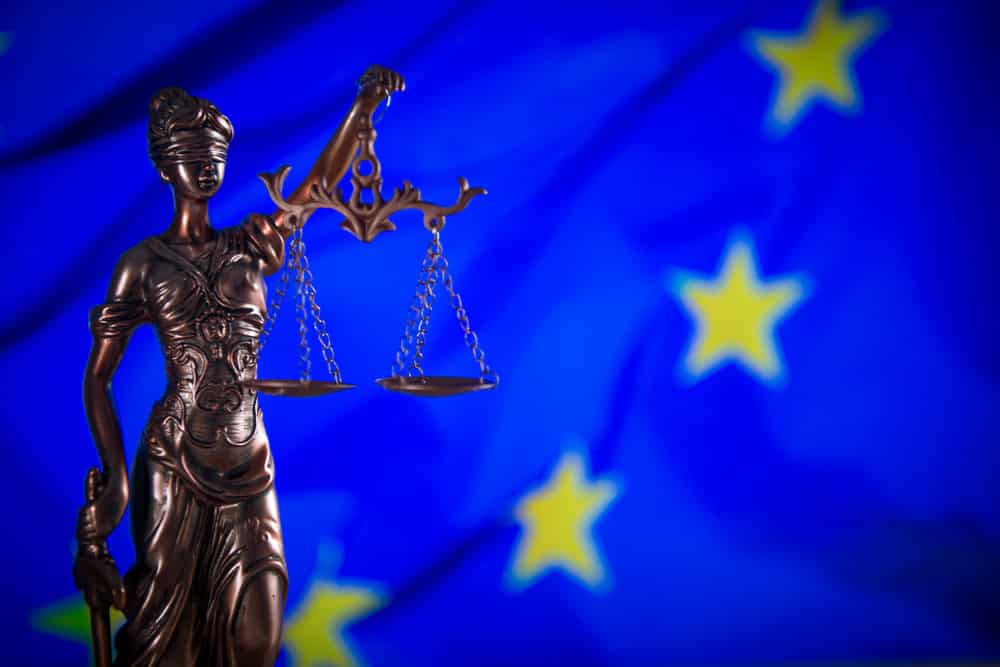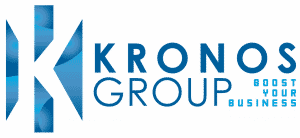What does the EU’s latest regulations on foreign subsidies mean for finance and procurement?

Summary
The newest regulations proposed by the EU fulfil the express purpose of analysing non-EU foreign subsidies that fell into a regulatory gap before the proposal of the newest regulations.
For the governing process, the EU has also introduced three key tools including:
- The investigation of foreign contributions valued at a minimum of €50 million from non-EU governments when the turnover of one of the merging companies in question is €500 million or more.
- The analysis of public procurement bids that are facilitated by non-EU governments when the value is €250 million or more.
- The tackling of smaller financial contributions, market situations, and public procurement processes.
Maintaining compliance across all business functions from procurement and finance to project management can be a task when regulations are changing constantly. Ensuring that your framework is prepared to manage your many priorities and stay up to date on compliance rules is a necessity in the modern market.
——————————————————————————————————————-
Companies operating in the European Union enjoy several advantages for being a part of one of the largest, if not the largest, economies in the world.
This gives companies operating within the twenty seven member countries of the EU unique access to resources, each other, and internal competition.
It also means that, as a member of the Union, companies operating within this ecosystem must adhere to the regulations and compliance rules EU’s governing authorities have in place. This requires a constant balancing act for companies of all sizes across any industry.
The Union also takes measures against foreign interventions that could potentially weaken the EU or threaten the delicate ecosystem it has created between its member countries and economies. A foreign subsidy is one of these interventions that can distort Europe’s internal market.
A distortion caused by a foreign subsidy refers to the event in which a foreign subsidy improves the competitive edge the subsidy recipient enjoys in the internal market and, in doing so, negatively affects or has the potential to negatively affect competition in the internal market.
This distortion can be recognised based on a few key indicators including the amount and nature of the subsidy, the conditions upon which the subsidy depends, the circumstances that inspired the subsidy, and finally, the markets that are involved in the intervention.
The EU currently has many tools to address the distortions that do occur in the market but a regulatory gap exists where subsidies granted by non-EU governments go unchecked while those granted by EU member states are scrutinised closely.
By governing foreign investment and monetary interests, the European Union endeavours to protect the interests of the EU and every nation, industry, and company within it.
The EU’s newest regulations on foreign subsidies
The proposed regulation allows the European Commission to investigate the monetary contributions non-EU public authorities make to companies with economic activity and interests in the Union.
To achieve this, the Regulation puts forward three key tools. A tool for general market investigation and notification-based tools.
They are as follows:
- A tool that is notification-based for the investigation of foreign contributions valued at a minimum of €50 million from non-EU governments. This applies when the turnover of one of the merging companies in question is €500 million or more.
- A notification-based tool to analyse public procurement bids that are facilitated by the contribution of a non-EU government. This tool will be applied when the value of the contract is €250 million or more.
- The last tool is designed to tackle smaller financial contributions, market situations, and public procurement processes. The Commission can leverage this tool at its own discretion and may request ad-hoc notifications.
If the Commission rules that an existing foreign subsidy is distorting the market, the review process is more complex than a simple ruling based on the distortive capability of the subsidy.
The Commission will consider the positive effects of the subsidy and balance them with the negative effects that the distortion brings about.
If the negative outweighs the positive, the Commission will then take action to overturn the distortion and return the market to normalcy.
The impact of these regulations on finance and procurement
If this regulation is passed, it will be applicable across the EU. So how do these regulations affect finance and procurement processes within the Union?
When it comes to adjusting to new EU regulations and compliance measures, all companies must stay on top of the updates and latest developments to Union law through every business function.
Under the drafted regulation, companies that do not notify their received subsidy to the Commission will be fined and their transaction will be reviewed as if the notification had taken place when it should have been.
Because finance and procurement handle much of a company’s finances directly—in the case of finance—or indirectly, in the case of procurement, it is important that compliance is always on the table and a point of significance at all times.
This is not always a straightforward task. On top of every other business priority and goal, compliance is a factor that requires up-to-date knowledge of current regulations. The ability to balance many company objectives alongside official regulation is also required.
Industry professionals can help your company maintain compliance at all times in strategic and value-added ways.
A more even playing field for finance and procurement
The value of EU regulations and compliance rules ultimately come down to a more even playing field for the single market that the Union helps form.
Stay on top of compliance for finance and procurement excellence.




